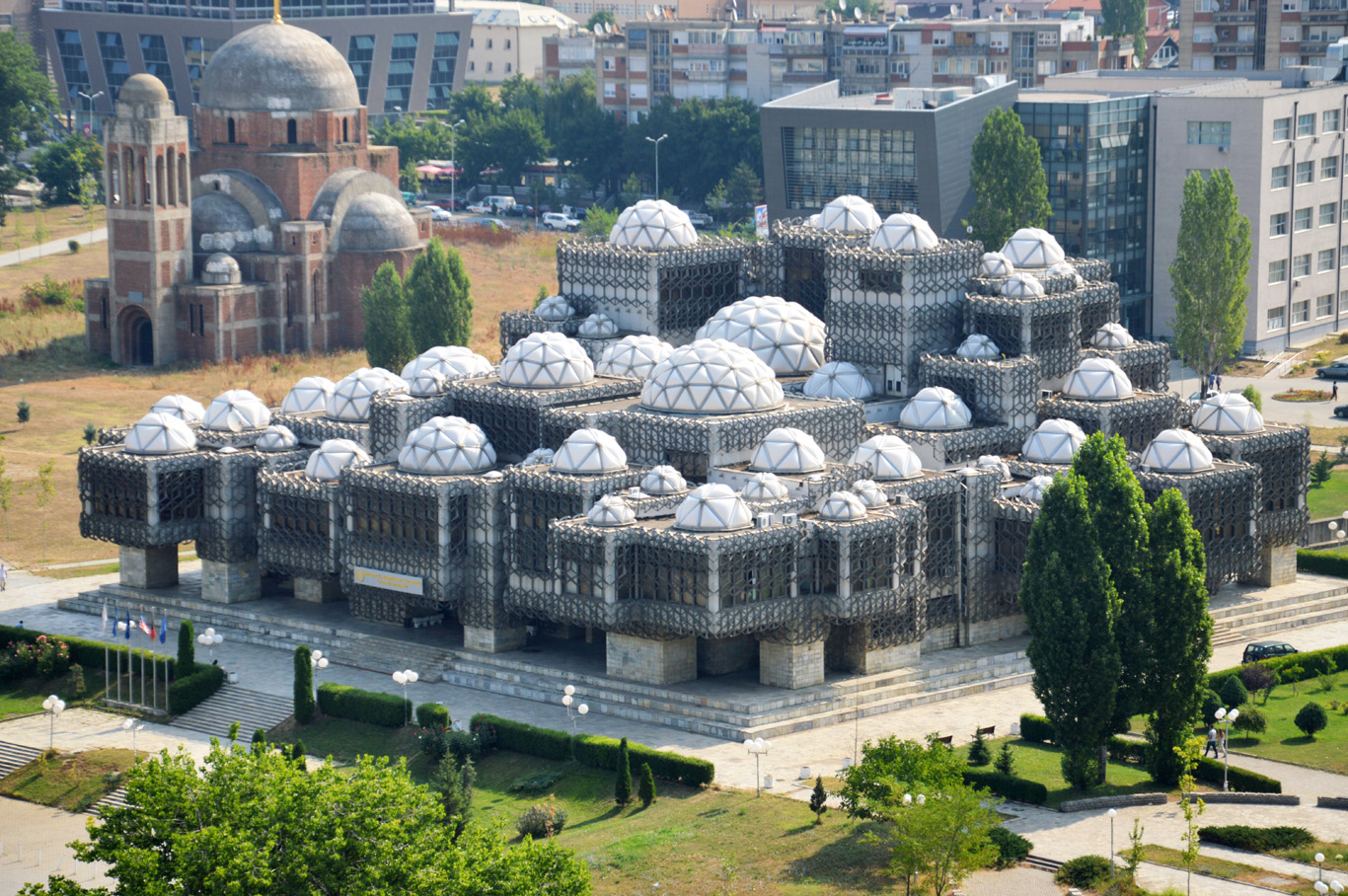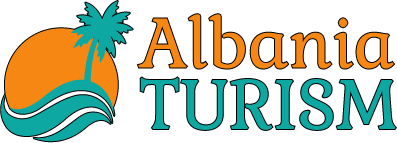Key Takeaways
- Kosova is a partially recognized state with a complex history that influences regional stability (.
- Shared cultural ties and language cement a deep connection between Kosova and Albania.
- Albania’s support for Kosova’s independence underscores a strategic and cultural alliance.
- Historical events such as the Battle of Kosovo in 1389 and the Kosovo War have shaped regional identity.
- Economic cooperation and regional stability are vital for both nations’ future progress.
Introduction to Kosova
Kosova, a partially recognized state in Southeastern Europe, has a complex history and unique political status. Formerly a province of Serbia, it declared independence on
February 17, 2008, after a tumultuous history of conflict and struggle for autonomy. Despite its declaration, it is only recognized by over 100 UN member states, leaving its legitimacy still contested in the international arena.Many Western countries, including the United States and most European Union countries, recognize Kosova. However, nations like Serbia, Russia, and China maintain non-recognition, fueling ongoing regional tensions and political issues.
Geographical Context
Situated in the central Balkan Peninsula, Kosova is a landlocked region with mountainous terrains and a diverse climate. It shares borders with Serbia, North Macedonia, Albania, and Montenegro, making it a key crossing point for cultural and economic exchanges.The Dinaric Alps and the Šar Mountains define its landscape, supporting outdoor activities and ecological diversity. Rivers such as the Drini and Sitnica run through valleys, shaping agriculture and transportation routes.
Political Context
As a parliamentary republic, Kosova has a President as head of state and a Prime Minister leading the government. The political scene is predominantly influenced by ethnic Albanian parties, reflecting the majority demographic.Challenges include
corruption, political instability, and strained relations with Serbia. Negotiations facilitated by the European Union aim for normalization of relations, crucial for regional progress ([Freedom House](https://freedomhouse.org/country/kosovo/freedom-world/2024)).
Significance to Albania and the Broader Region
For Albania, Kosova embodies shared language, cultural traditions, and a common history. Recognized as a declaration of Albanian self-determination, it remains a symbol of national pride and resilience.The bond extends beyond cultural ties; Albania has been among the first to recognize Kosova’s independence and actively advocates for its international integration—playing a strategic role in regional stability.Progress toward EU accession is critical, with ongoing diplomatic efforts to normalize relations with Serbia influencing regional security.
Historical Background of Kosova
Cosova’s history is rich and complex. From prehistoric times, it was inhabited and later part of empires like the
Roman and
Byzantine Empires. Under Ottoman rule for nearly five centuries, it saw significant social and religious transformations, influencing Albanian cultural identity.In the 20th century, Kosova was incorporated into Serbia and later Yugoslavia, with Albanian nationalism growing resistance. The Kosovo War (1998-1999) was pivotal, involving NATO intervention and leading to UN administration. Its declaration of independence in 2008 marked a new chapter in its history.
Kosova’s Cultural and Ethnic Ties with Albania
Shared language, traditions, and customs bind Kosova and Albania. Albanian is the main language, and local dialects are mutually intelligible, fostering a united national identity.Their cultural practices emphasize family, hospitality, and community, with iconic elements like
“Besa” (trust and honor). Traditional music, dance, and cuisine—such as
byrek and
flija—are common cultural markers.Religious ties, mainly Sunni Islam, are similar, with moderate observance. This shared heritage underscores their deep connection.
Ethnic Albanian Population in Kosova
Over 90% of Kosova’s population is ethnic Albanian, cementing a strong cultural and political tie. This majority advocates for cultural preservation and political progress, although minority communities like Serbs, Roma, and Bosniaks contribute to a multicultural landscape ([European Union Agency for Fundamental Rights](https://fra.europa.eu/en/country/kosovo)).
Political Status and Developments
Despite recognition by most countries, Kosova’s sovereignty remains contested. It operates as a parliamentary republic, with efforts ongoing to join the EU. Normalization negotiations with Serbia are key, supported by the EU.Albania’s consistent support bolsters Kosova’s international standing, though tensions with Serbia persist, impacting regional security.
Economy and Infrastructure in Kosova
Kosova’s economy centers around services, agriculture, and mining. Major resources include lignite, lead, zinc, and nickel, vital for development. Challenges include high youth unemployment and corruption, requiring reforms to draw investments.Remittances from the diaspora support many families, sustaining economic stability. Infrastructure projects aim to modernize roads, energy, and telecom sectors.
Connections to Albanian Markets and Trade
Trade between Kosova and Albania is robust, with shared projects improving connectivity and economic cooperation. Cross-border trade enhances regional resilience and offers opportunities for local businesses.
Travel and Tourism Opportunities
Kosova’s attractions include cultural cities like Pristina and Prizren, natural sites like Rugova Gorge, and historical landmarks such as the Gračanica Monastery. Outdoor activities abound in mountain regions, offering hiking and skiing.Traveling from Albania is easy—no visa needed, and the common currency (Euro) simplifies transactions. Accommodations range from budget to luxury, and local customs are welcoming.
Social and Educational Links Between Kosova and Albania
Educational exchanges and joint cultural initiatives strengthen bonds. Student and teacher programs promote mutual understanding, while festivals highlight shared heritage. Diaspora networks further enhance cultural and economic ties.
Conclusion
From an Albanian perspective,
Kosova embodies shared history, identity, and cultural resilience. Its independence symbolizes pride and perseverance. The economic and regional partnerships between the two are vital for future stability and growth.We invite readers to explore Kosova’s rich heritage and landscapes. Discover its vibrant culture and warm hospitality firsthand. By engaging with this dynamic region, you contribute to fostering understanding and cross-border cooperation.




